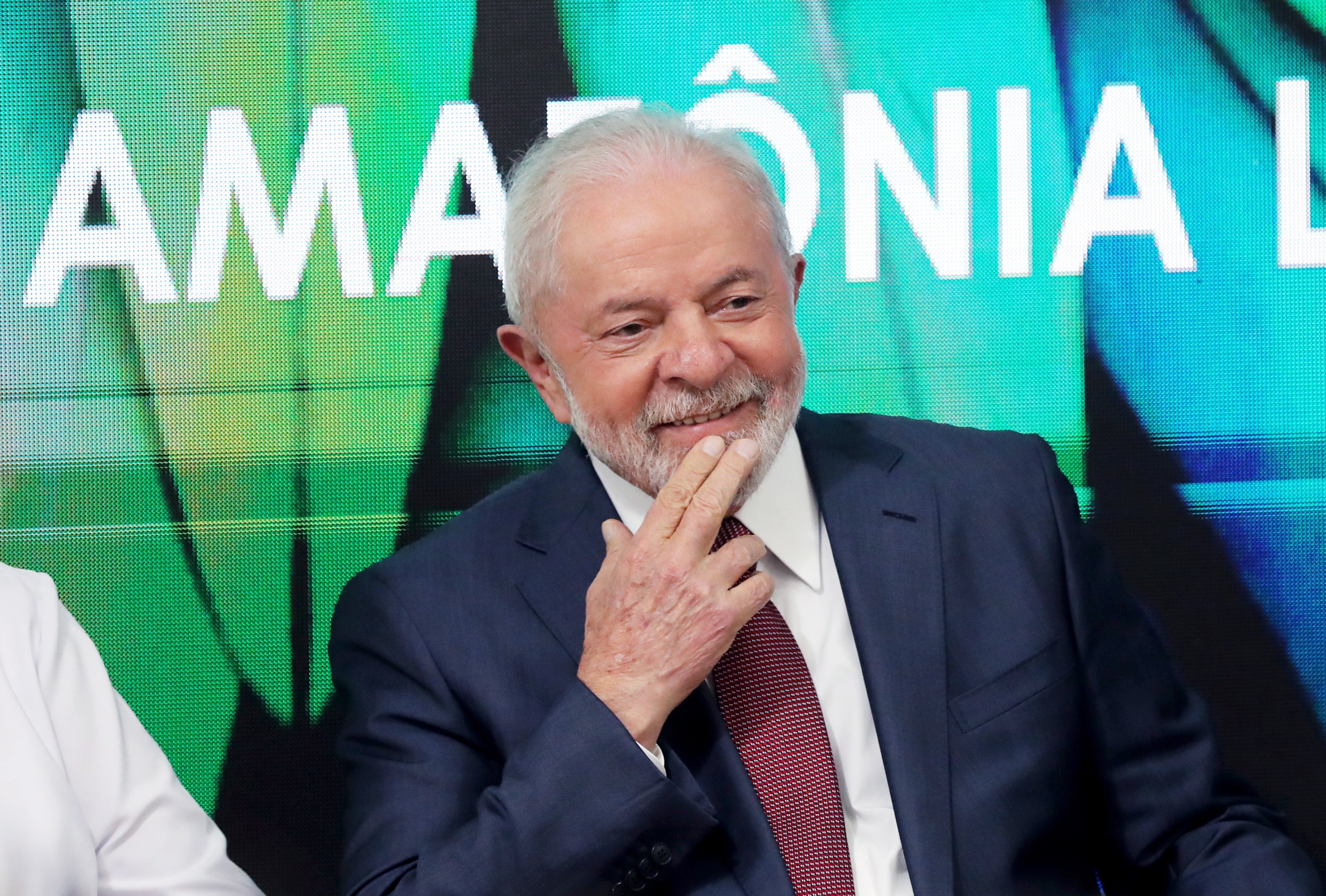Cop27 negotiations make slow progress with just 72 hours to go
Lack of agreement comes as world leaders at the G20 summit in Indonesia reaffirmed their commitment to limiting global temperature rise to 1.5C
Your support helps us to tell the story
From reproductive rights to climate change to Big Tech, The Independent is on the ground when the story is developing. Whether it's investigating the financials of Elon Musk's pro-Trump PAC or producing our latest documentary, 'The A Word', which shines a light on the American women fighting for reproductive rights, we know how important it is to parse out the facts from the messaging.
At such a critical moment in US history, we need reporters on the ground. Your donation allows us to keep sending journalists to speak to both sides of the story.
The Independent is trusted by Americans across the entire political spectrum. And unlike many other quality news outlets, we choose not to lock Americans out of our reporting and analysis with paywalls. We believe quality journalism should be available to everyone, paid for by those who can afford it.
Your support makes all the difference.Negotiations at Cop27 in Egypt are making slow progress with less than 72 hours to go until the crucial climate summit draws to a close.
The hope is that the Egyptian conference will produce a climate agreement that increases ambition on tackling climate change beyond the Glasgow Climate Pact announced at Cop26 in Scotland last year.
There are also calls for rich countries to give more money to help vulnerable nations better adapt to a warming planet, as well as demands for compensation for the irreparable loss and damage wrought on countries on the frontlines of the climate crisis.
But signs of significant progress during talks in the Egyptian resort town Sharm el-Sheikh on Wednesday were few and far between, despite the arrival of Brazil’s president-elect Luiz Inacio Lula da Silva, whose pledge to address deforestation in the Amazon is seen as a bright spot as greenhouse gas emissions continue to rise.
A draft text of an agreement on how to reduce the amount of greenhouse gases humans pump into the atmosphere was published on Wednesday morning, much of which remains in square brackets indicating continued disagreement among parties.
Among the issues still to be ironed out is the timeline for the implementation of these efforts with three differing options being put forward.
Meanwhile, small island states on the frontlines of the climate crisis and other vulnerable nations issued a statement early Wednesday saying they were “gravely concerned” with the lack of progress made on establishing a way to compensate communities that have experienced loss or damage due to the heating planet.

“Some developed countries are furiously trying to stall progress and even worse, attempting to undermine small island developing states,” said Molwyn Joseph, the environment minister of Antigua and Barbuda, and chair of the Alliance of Small Island States.
“So, not only are they causing the worst impacts of the climate crisis, they are playing games with us in this multilateral process.”
He noted, however, that he appreciated the signs of willingness to engage from other countries, including the UK.
It comes as world leaders at the G20 summit in Indonesia agreed to pursue efforts to limit global temperature rise to 1.5C and phase down coal power.
The communique agreed to by G20 leaders reaffirms language used in the Glasgow pact and says limiting temperature rises to 1.5C to avoid the worst impacts of a rapidly warming planet will require “meaningful” and “effective” actions and commitment by all countries.
It also recognises the importance of accelerating the transition towards low-emission energy systems, including “rapidly scaling up” the deployment of renewable energy and energy efficiency measures, as well as accelerating efforts towards “the phasedown of unabated coal power.”
Analysts said the outcome of the agreement, which was agreed despite high geopolitical tensions following Russia’s invasion of Ukraine, was far better than expected and a positive sign as the climate summit in Egypt approaches its finale.
“The G20 leaders have sent an unexpectedly strong message on the need to accelerate collective action to tackle the energy, food, economic and climate crises,” said Nick Mabey, the co-head of the UK climate think tank E3G. “Leaders must now instruct their negotiators at Cop27 to follow up these fine words with concrete outcomes.”
The text matters not least because the G20 nations represent around 80 per cent of the world’s GDP and a similar proportion of global greenhouse gas emissions. The final communique also stated that “most members” condemn Russia’s war in Ukraine, highlighting Russia’s isolation at the summit.



Join our commenting forum
Join thought-provoking conversations, follow other Independent readers and see their replies
Comments